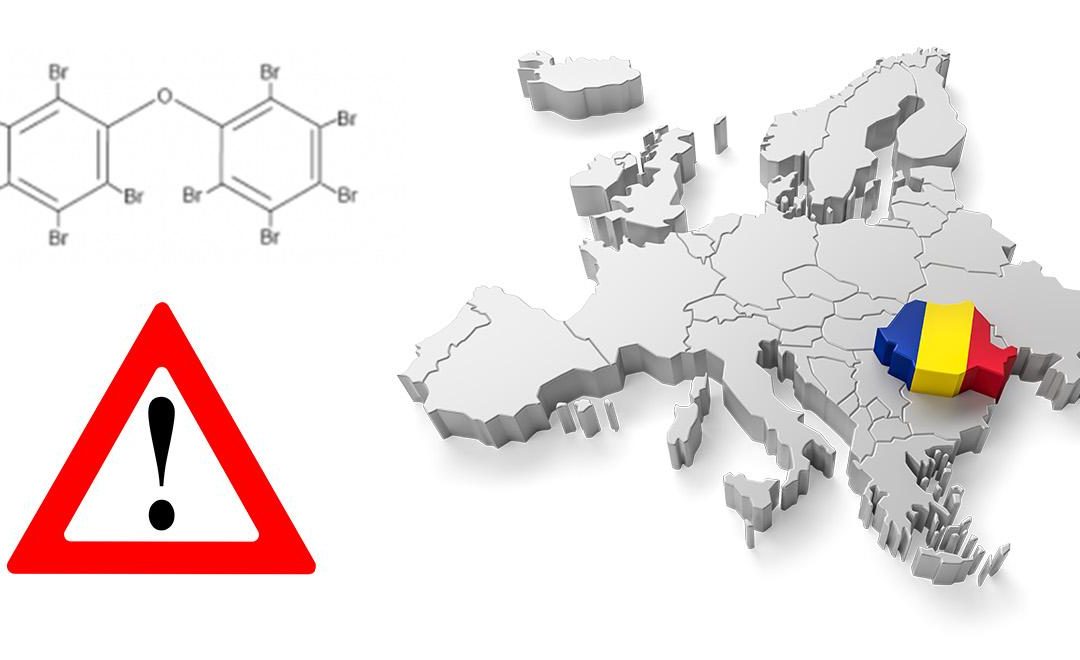
The logo of the Stockholm Convention.
A group of Non-Government Organisations are pressurising the European Commission to withdraw its registration for the recycling of polybrominated diphenyl ether flame retardants.
The European Union recently set new limits of 500mg/kg for cumulative totals of all BDEs, including DecaBDE.
However, according to Chemical Watch, an exchange of letters has since taken place between seven NGOs, who are disputing EU Environment Commissioner Karmenu Vella’s argument that “the limit value is within that specified as the unintentional trace contaminant level.”
The NGOs include Arnika, the Centre for International Envirionmental Law (CIEL), the European Environmental Bureau (EEB), the Health and Environment Alliance (HEAL) and the International POPs Elimination Network (Ipen); they argued that the definition of unintentional trace contamination is “”a level below which the substance cannot be meaningfully used and above the detection limit of existing detection methods to enable control and enforcement.”
The group further asserted that the new concentration limit of 500mg/kg “certainly does not constitute a ‘meaningful use’ as it cannot supply a flame retardant function.”
In addition, the letters listed various “conventional laboratory methods” which could measure PBDEs with a 0.5-2.5ng/g limit of detection, and therefore stated that “the current value of 500mg/kg (ppm) does not meet the definition of unintentional trace contamination.”
As well as this, the NGOs claimed that the levels of PBDEs measured in recycled plastic products within the EU markets are “too high to be consistent with unintentional trace contaminants,” and that the levels were often the result of toxic recycling, which “directly conflicts” with the Stockholm Convention’s prohibition on the recycling of materials containing DecabDE.
“If the European Commission insists that only unintentional trace contamination of PBDEs in articles is allowed, then the European Union should publicly withdraw its registration for the recycling of PBDEs at the upcoming 9th Conference of the Parties of the Stockholm Convention,” the NGOs argued, adding that the “principle consequence” of the PDBE recycling exemption is the contaminating of products made from recycled plastic.





















